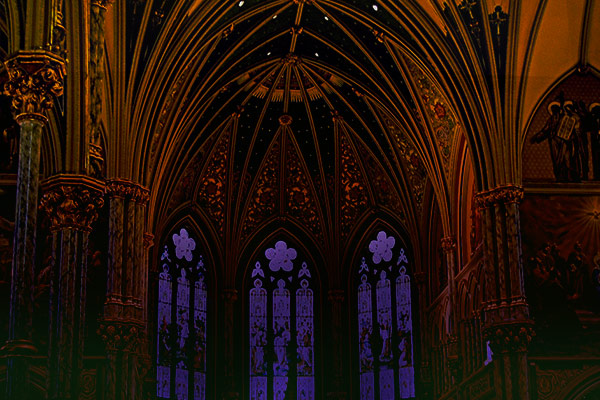
Should Catholic Church’s sexual abuse scandals be considered torture?
- By Alison Lesley --
- 12 May 2014 --

UN Committee weighs case to consider Catholic Church’s sexual abuse scandals as torture.
The Vatican drew the attention of the United Nations Committee overseeing the Convention against Torture and Other Cruel, Inhuman or Degrading Treatment or Punishment with the Church’s decades of alleged sexual abuse and alleged cases of mishandling and cover-ups. The committee went as far as to consider the international scandals as torture, meaning the Vatican could face significantly more drastic consequences.
However, Vatican representative Archbishop Silvano Tomasi responded “that the Holy See has no jurisdiction … over every member of the Catholic Church.” He continued, “State authorities are obligated to protect and, when necessary, to prosecute persons under their jurisdiction.” Tomasi argued that Vatican City’s submission to the UN Treaty represented only the boundaries of the nation but not of the international Church. Rather, the local authorities where the abuses occurred needed to exercise their jurisdiction over their local territories, even if the perpetrators were priests of the Catholic Church.
The committee and Vatican’s critics did not readily accept this response. Felice Gaer, the committee’s chief rapporteur, believed Tomasi’s remarks “[seemed] to reflect an intention for a significant portion of the actions and omissions of Holy See officials be excluded from consideration by this committee,” which did not sit well with her or the committee.
Tomasi then revealed that the Church has dismissed 848 priests over sexual abuse claims since 2004. It was also exposed that 2,572 other clergy members have been disciplined for acts of sexual abuse over that same time. The Church’s pockets have taken nearly as severe a beating as its reputation as it has paid over $2.5 billion in compensations to victims since 1950 with another $125 million in therapy, investigations, and litigations. A further $260 million has been spent in checking the backgrounds of priests that enter the church, hopefully, stopping the problem from its source.
Tomasi made it clear that the Holy See is committed to “its own cleaning of the house” and that the church has turned a corner on practices that he described as part of a past generation. He said “We must not be fossilized in the past” in response to being asked about the transfers of priests from one diocese to another to avoid investigation and prosecution. He followed by saying “This was a policy practiced decades ago, mostly.” That “mostly” left many perturbed.
The committee in Geneva will present its final observation in statements scheduled for May 23rd, but the members seemed to believe some of the Archbishop’s responses were lacking. Gaer, suggested that the Vatican’s understanding of its responsibilities was “creating gaps in the coverage of the convention.”


















